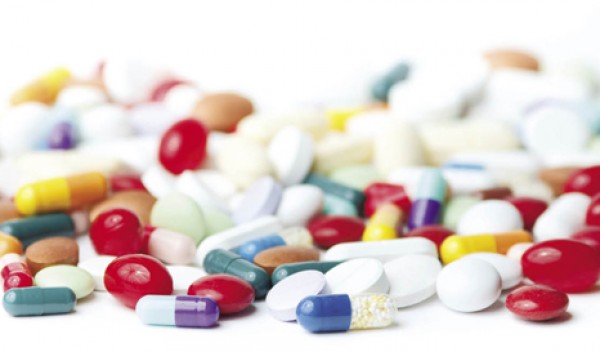NY AG and Purdue Pharma agree to fight opiods

As part of the settlement, Purdue Pharma will pay $75,000 in penalties and costs.
New York state Attorney General Eric T. Schneiderman recently announced an agreement with Stamford-based Purdue Pharma LP to restrict its opioid marketing efforts. Purdue Pharma had already begun the process.
Purdue Pharma makes the long-acting opioid Oxy-Contin, its brand name for oxycodone pills.
The agreement strengthens and makes permanent an internal Purdue program aimed at preventing the company”™s sales staff from promoting the powerful painkiller to health care providers who may be involved in abuse and illegal diversion of opioids, according to Schneiderman.
The deal requires Purdue to disclose financial relationships with any individuals, including doctors and other health care professionals, who appear on the company”™s “unbranded” websites that endorse the benefits of pain treatment. Schneiderman, in a prepared statement, cited inthefaceofpain.com as such a website. He said the company had agreed to “important business practice changes” to help stave off both overprescription and the “opioid addiction epidemic.”
“Over the past two decades, New York has experienced a sharp increase in opioid addiction and that has coincided with the substantially increased sale of oxycodone,” Schneiderman said. “The public health crisis created by opioid overprescribing in New York remains pervasive and extremely dangerous. My office will work to ensure that prescription drugs are marketed and prescribed responsibly ”“ and that consumers get the information they need about the risks of addiction to painkillers.”
Between the 1990s and 2011, prescriptions of oxycodone more than doubled in the U.S. and sales of the product increased more than tenfold.
Between 2008 and 2011, OxyContin accounted for approximately 10 percent of the total oxycodone prescriptions in New York state, Schneiderman said. During that time, according to the New York City Department of Health and Mental Hygiene, the number of opioid painkiller prescriptions filled by New York City residents increased by 31 percent, from approximately 1.6 million to approximately 2.2 million, with oxycodone accounting for 53 percent of those prescriptions.
Between 1997 and 2011, there was also a sharp increase in the prevalence of opioid addiction, which in turn has been associated with a rise in overdose deaths and heroin use. According to the federal Centers for Disease Control and Prevention, in New York State, from 2003 to 2012, deaths involving opioid analgesics increased five-fold, from 179 in 2003 to 883 in 2012.
Purdue”™s “Abuse and Diversion Detection” program requires its sales representatives to report to the company any facts that suggest a health care provider to whom it markets opioids may be involved in the abuse or illegal diversion of opioid products. When a provider is reported under the program, Purdue conducts an internal inquiry regarding the provider to determine whether he or she should be placed on a “no-call” list. If a provider is placed on this list, Purdue sales representatives may no longer contact the provider to promote the company”™s opioid products.
Purdue and the attorney general”™s office additionally agreed to require Purdue”™s sales representatives who market Purdue opioid products to health care providers to ask whether the provider has completed an FDA-approved training program regarding the appropriate prescribing of opioids and to provide information about such training. Purdue will also provide, upon request, information regarding addiction treatment resources to providers to whom it markets its opioid products.
As part of the settlement, Purdue Pharma will pay $75,000 in penalties and costs.